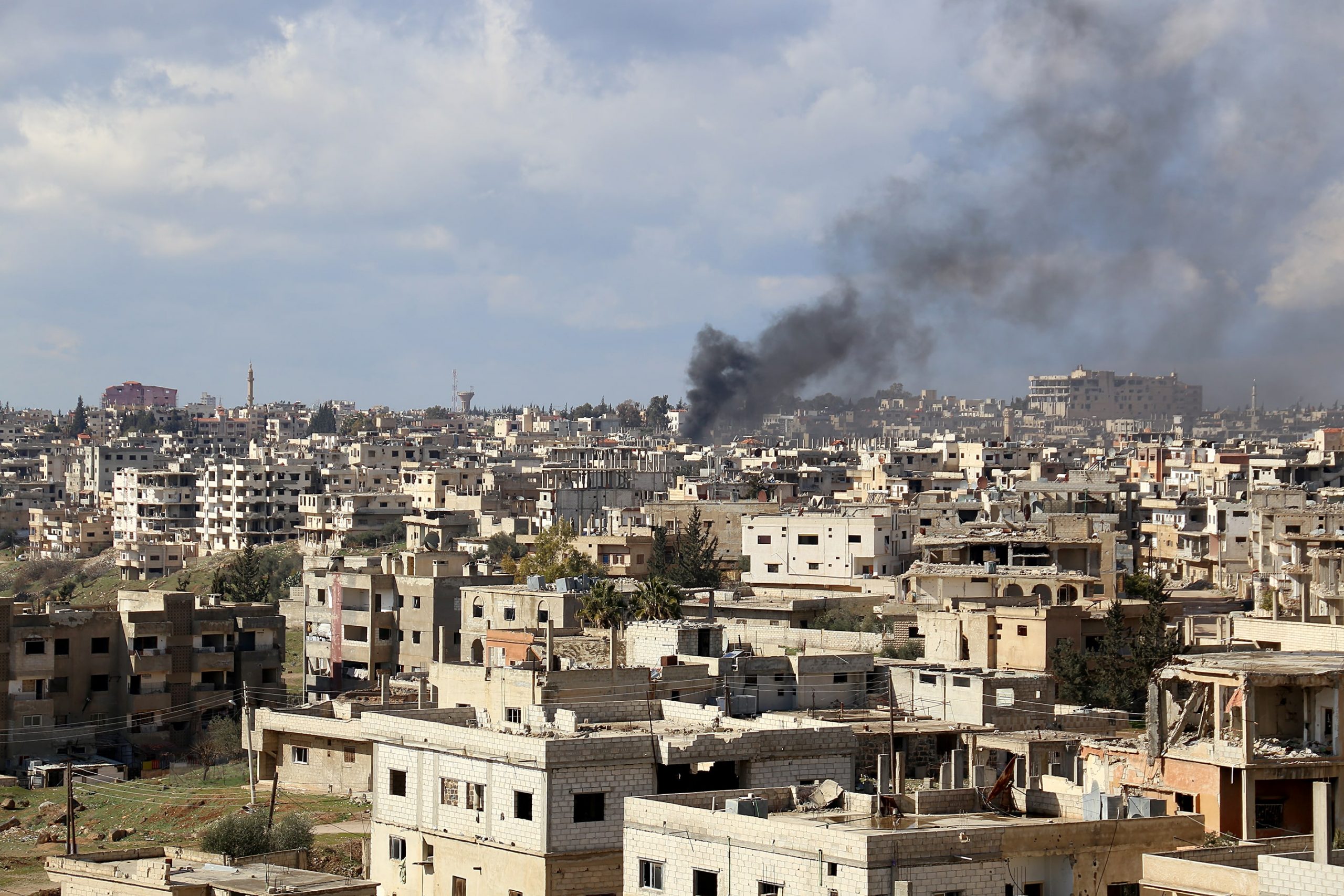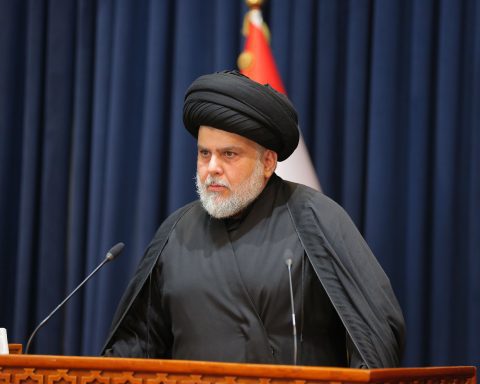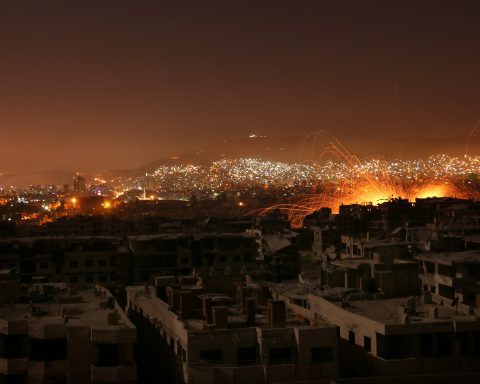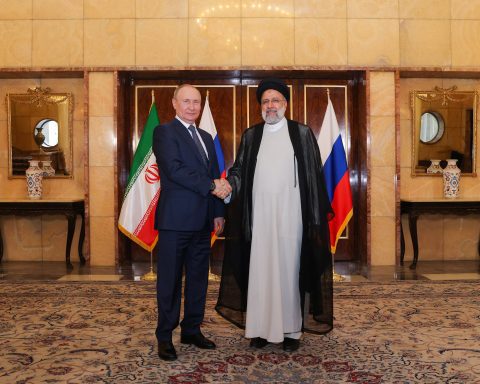On July 24, after a siege imposed on the Daraa al-Balad area in late June that was going to last for 61 days, during which shortages of medicine, potable water, food, internet, and fuel occurred, the Central Negotiations Committee (CNC) and the regime-backed Military and Security Committee of Southern Syria (MSCSS) had reached an agreement. Accordingly, rebels in Daraa had to surrender light weapons and allow new checkpoints to be established. In response, the MSCSS ad to lift the siege and reopen the roads between Daraa al-Balad and other parts of the city.
Benefiting from the distrust between opposition fighters, regime forces began artillery shelling in tandem with a ground offensive towards Daraa on July 29. In retaliation, opposition fighters seized several regime positions across the province and captured more than 40 troops and militia. In total, they captured 18 areas in the countryside of east and west of Daraa.
Amid the escalations, Russia presented local leaders and the army a road map for a solution, which included plans to offer ex-rebels a pardon, allow the army to gradually take over the enclave and offer safe passage for former rebels who opposed the deal to leave for opposition areas in northwest Syria. On August 14, a two-week truce was reached between the Syrian regime and opposition forces. The CNC agreed with the Russian delegation on conducting security clearance over wanted individuals, handing their weapons to regime forces and arranging green buses to transport them out of Daraa al-Balad. Civilians that were not wanted by the regime forces were further agreed to be transported through Saraya crossing, while Russian forces were handed the responsibility to patrol Daraa and supervise the implementation of the agreement.
Despite meditation efforts and hours before a meeting between the Russian delegation and the CNC, Assad forces shelled several neighborhoods in Daraa and prevented civilians using the Saraya crossing point to exit Daraa. On August 23, pro-Iranian militias, along with regime forces, encircled the enclave in an attempt to force rebels to surrender. Consequently, Russian forces moved into the enclave, leading to an agreement between Russia and the CNC.
Syrian rebels started leaving the southern province of Daraa as part of an agreement that was reached on Tuesday, halting the worst fighting in the region in years. The UK-based Syrian Observatory for Human Rights (SOHR) observed few opposition fighters boarding buses to be evacuated to northwestern Syria. Russian Military Police deployed in Daraa al-Balad monitor the implementation of the truce.
The Syrian regime adopts a violent approach and method to end insurgencies. Starvation and displacement strategies have been one of the favorite tools of the Syrian regime to crush the opposition, in this regard.
Meanwhile, Russia favors mediation efforts as a power multiplier to raise its credibility. Russia’s attempt to become a legitimate partner for dialogue in ending conflict can be traced back to shuttle diplomacy with Israel and the Gulf monarchies as well as the formation of the Astana process in 2019, along with Turkey and Iran.
However, despite necessary steps taken by the CNC and Russia, instabilities will likely last due to the continuation of violations of the truce, arbitrary arrests, enforced disappearances, and assassinations as well as the imposition of local reconciliation agreements following sieges by the Assad regime.
The displaced are driven to either rent a home or seek refuge in tents, schools, or abandoned government and service centers. Most of them will live dependent on humanitarian aid as access to essential services is limited, alongside pressing threats such as food insecurity, water scarcity, and COVID-19.














